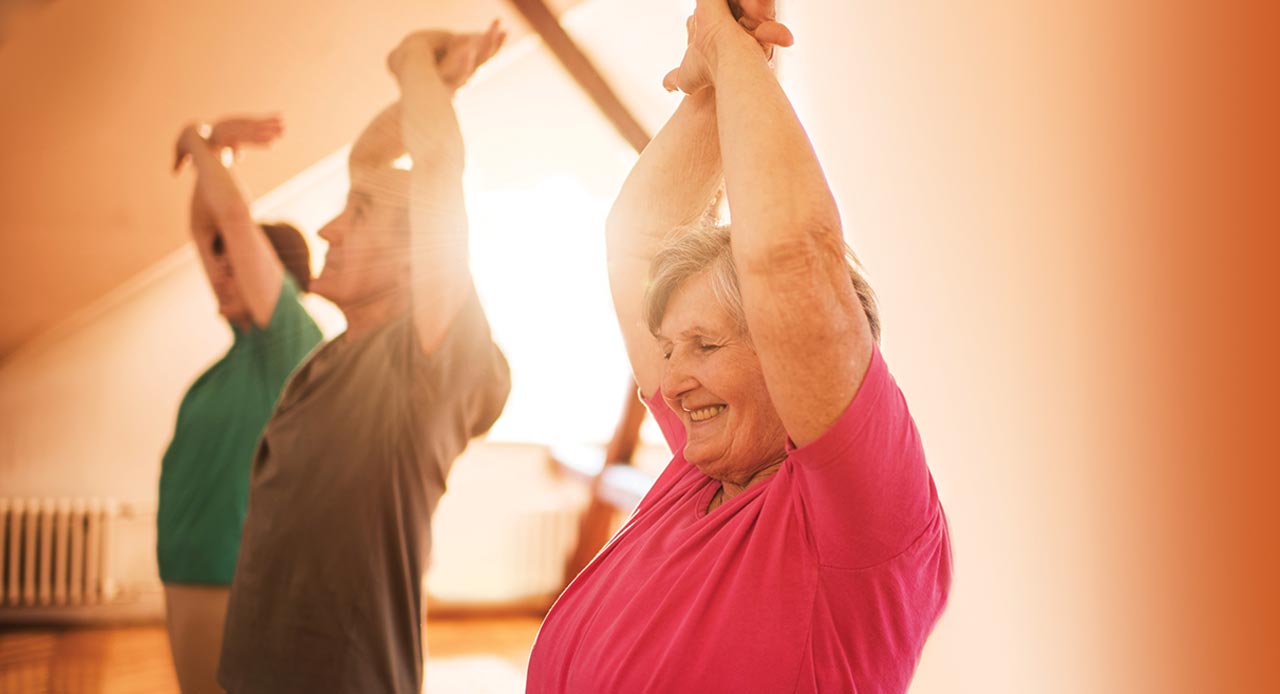This unique inpatient offering at Princeton House is a key component of the allied clinical therapies, which include art, music, and recreation therapy. Our dance/movement therapists are master’s level clinicians who are trained in the theories and methods of dance, movement, and nonverbal communication as psychotherapeutic intervention.
“Many patients have difficulty finding the right words to articulate their feelings,” explains Eri Millrod, MA, BC-DMT, NCC, LPC, a dance/movement therapist and Coordinator for Allied Clinical Therapies at Princeton House. “Because the mind and body are connected, mobilizing the body in dance/movement can help them express their emotions and gain insight into their experiences cognitively.”
During the sessions, dance/movement therapists continually assess and shape the energy in the room to promote a safe and nonjudgmental environment. Their verbal and movement guidance helps patients access the unconscious and give it form, which can lead to a sense of relief and healthy release of anxiety. Each session involves:
- A verbal check-in
- A warm-up with breathing and stretching to engage the mind/body connection
- Active, open movement that may be shaped around a theme
- Grounding strategies that bring patients back into the present moment
- Reflection and closure, with an opportunity to process the experience among the group
Dance/movement therapy is for any patient, even those with physical limitations or disabilities.
“It’s essentially psychotherapy through movement,” adds Millrod. “Patients often have negative self-perceptions, so it can be very empowering when they have a positive experience channeled through their own body in this expressive therapy.”
For more information about allied clinical therapies at Princeton House, call 800.242.2550.
Article as seen in the Spring 2018 issue of Princeton House Behavioral Health.



